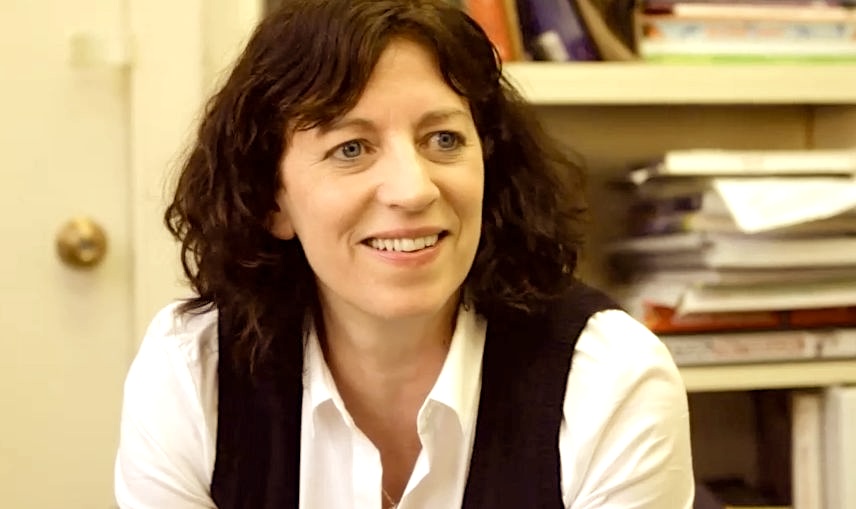California DEI-math guru behind lower standards faces yet another ‘misconduct’ complaint
A university professor, who has led the charge for DEI-inspired lowering of math standards, has been accused of research misconduct in a complaint.
It’s the latest in a series of complaints…

A university professor, who has led the charge for DEI-inspired lowering of math standards, has been accused of research misconduct in a complaint.
It’s the latest in a series of complaints about sloppy research by the Diversity, Equity and Inclusion (DEI) acolyte.
The complaint accuses Stanford Professor Jo Bolaer of “reckless disregard for accuracy through citation misrepresentation” and asks the university to investigate the allegations and “take appropriate disciplinary action” if confirmed.
The complaint accuses Boaler, 60, of “52 instances of alleged citation misrepresentation.”
The Manhattan Institute, which notes that she charges $5,000 per hour for Zoom consultations, has called Boaler “a propagandist rather than a research scholar,” and said the complaint could mean that her “DEI racket may finally be coming to an end.”
Meanwhile, the Washington Free Beacon has said Boaler was responsible for the attempt to “ax” algebra from San Francisco Public Schools, a decision the district reversed saying it would instead rely on “evidence-based decision making centered on student success” to include algebra.
These are not the first accusations of research malfeasance Boaler has faced.
Indeed, Professor Daniel Ansari of Western University in Canada previously accused Boaler of “ignoring the truth” that people have different rates of learning. He and said her research led to “dangerous and unrealistic expectations.”
Boaler used largely “outdated studies” and overstated the effect that her recommendations would have on student performance, he further accused.
The Chronicle of Higher Education also noted Boaler is a co-author of the notorious California Math Framework (CMF) and that her research was cited as justification for the lowering of math standards.
CMF attempts to apply social justice concepts by “helping remedy California’s achievement gaps for Black, Latino and low-income students, which remain some of the largest in the nation,” said Cal Matters.
But critics accuse the framework’s authors of watering-down math and punishing high-achievers in an attempt to falsely inflate the accomplishments of those who struggle with math.
Even the liberal Atlantic worried that the CMF’s conclusion were “dubious,” accusing the CMF of the same type of shoddy research allegations now facing Boaler.
“I could scarcely believe what I was reading,” said Brian Conrad, mathematics professor and the director of undergraduate mathematics studies at Stanford University. “The document cited research that hadn’t been peer-reviewed; justified sweeping generalizations by referencing small, tightly focused studies or even unrelated research; and described some papers as reaching nearly the opposite conclusions from what they actually say.”
In fact, Professor Conrad’s public comments on the misrepresentations in the CMF make up the bulk to the allegations to Stanford.
The latest complaint, then, has wide-ranging implications because it directly ties into public policy by including research misconduct that had an effect on creating the CMF.
A review of the complaint by The Lion shows it is organized into three areas: 1) misrepresentations by Boaler that is matched to the CMF and identified by Conrad (49 pages); 2) misrepresentations by her that are not matched to the CMF (39 pages); and 3) misrepresentation that are matched to the CMF but not identified by Conrad (6 pages).
In total, misrepresentations matched to CMF account for 55 pages of the 100-page complaint, while misrepresentations not matched to CMF account for 39 pages, The Lion found.
“As such, Dr. Boaler’s work underlying the CMF could impact the math education of up to 6 million California K-12 public school children,” noted the complaint.



